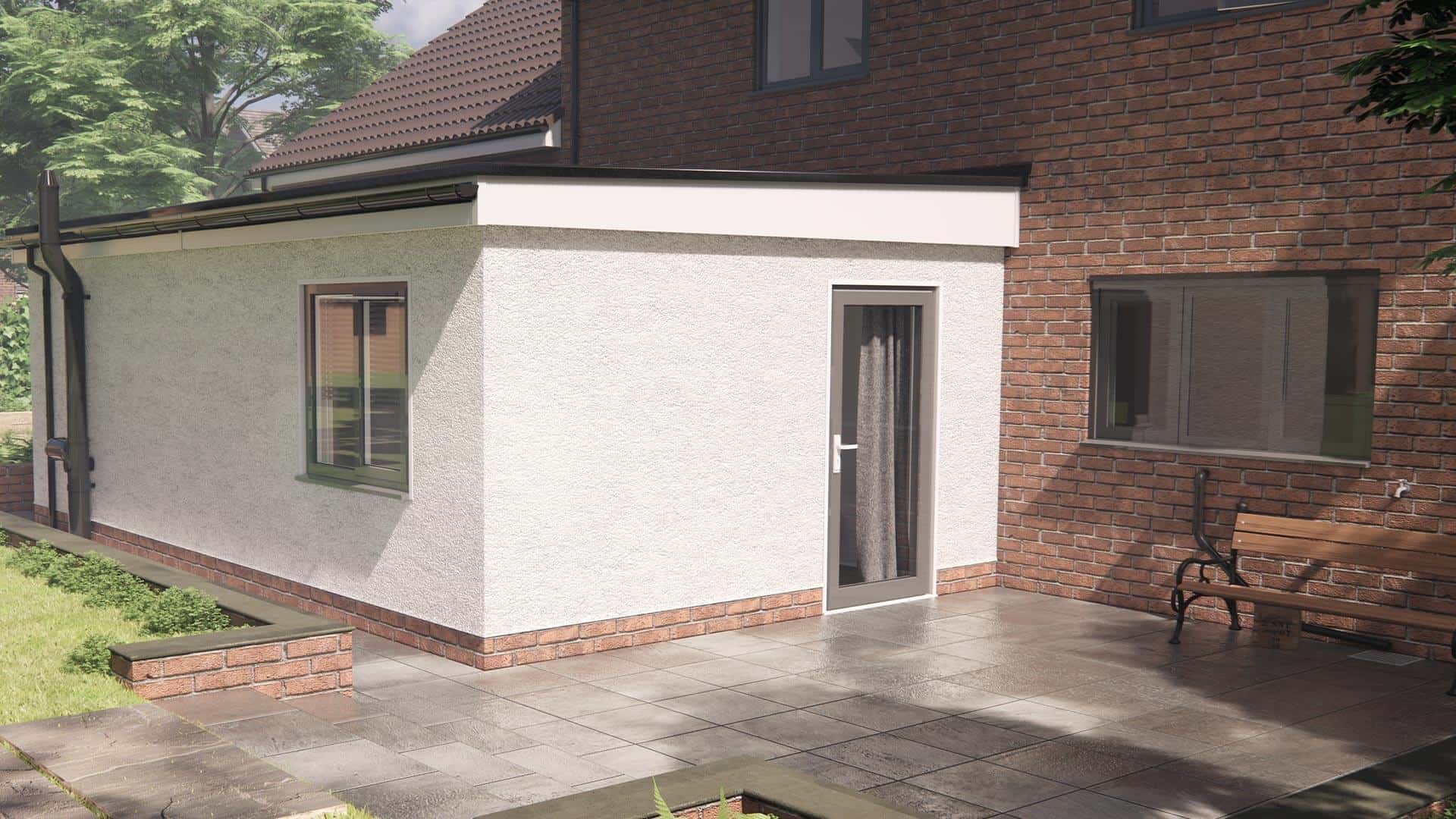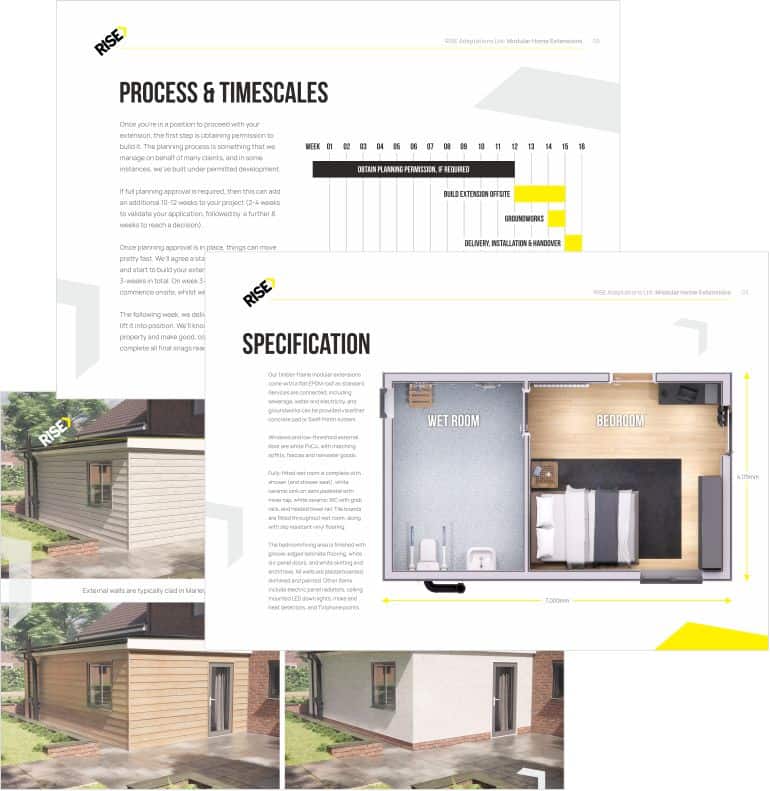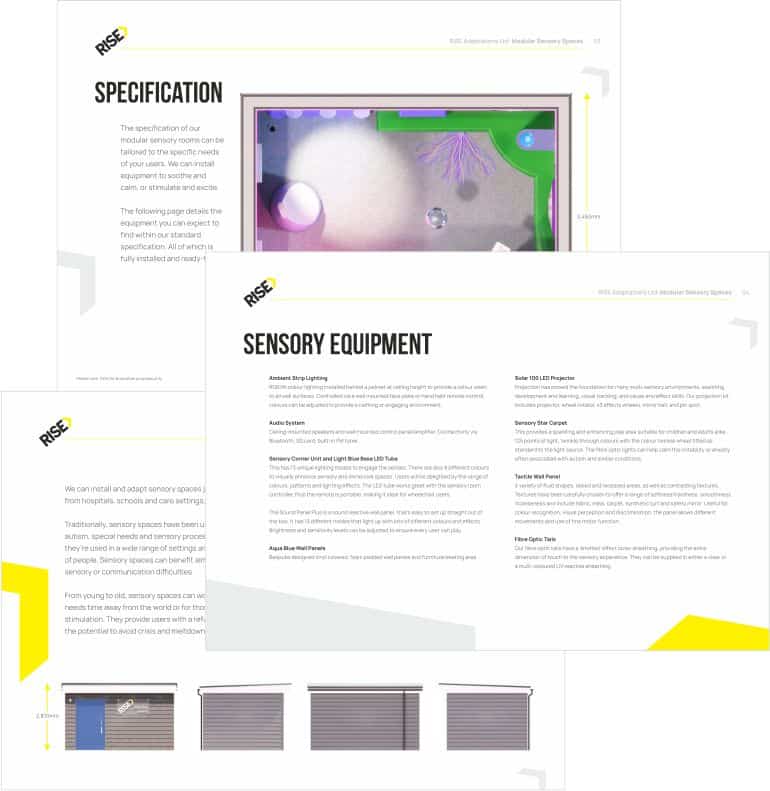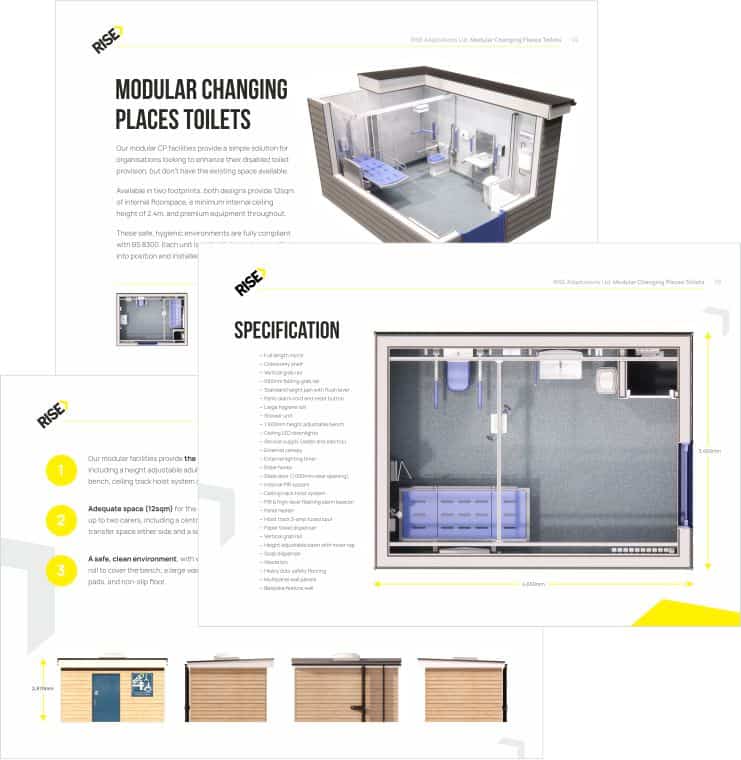
Unfortunately, studies show that the UK does not have enough accessible homes equipped for those with disabilities or life-changing injuries. A recent YouGov poll commissioned by Habinteg that surveyed 2,014 people, found that two thirds of people in Britain have homes that are inaccessible for wheelchair use.
General reasons why homes are inaccessible:
The poll highlighted the high number of wheelchair users and disabled people in the UK that are still waiting for somewhere suitable to live. The study also found that only 23% of houses to be built outside London by 2030 are going to be accessible.
As well as needing accessible homes to house people with disabilities, there are also arguments that all new homes should be accessible so that people with disabilities are not excluded. Those with disabilities shouldn’t have to miss out on visiting friends and family members just because houses aren’t accessible.
Disabled campaigners across the country are striving for a national policy change. They believe that the government should ensure that all new homes are built to accessible and adaptable standards.
But until that happens, it is the responsibility of the local authority to ensure that residents who are living with a disability have the help they need to stay in their own home. A modular home extension is often the answer.
When someone has a disability or life changing injury, they often have to make a lot of changes. But their home shouldn’t be one of them. A person with disabilities should be able to lead a normal life without giving up their home and moving to an unfamiliar area.
Staying in their own home often means that people with disabilities have much-needed help and support from their family members. It is also likely that they have family and friends in the area that they can call on if they need something.
When you live somewhere for a long time, you become a part of the local community and become familiar with the local shops and services. Someone should not have to give that up simply because their home is not accessible.

As a Local Authority, you should be aiming to help disabled residents live comfortably in their own home.
Home carers can be incredibly helpful to those living with a disability, particularly if they need support with day-to-day tasks. If someone has a life-changing injury, it will take time for them to learn how to live with their injury. Having home carers can ease the challenges that someone faces when they are adjusting to life with an injury.
Similarly, those who have a mental or physical disability can also benefit from home carers. Various levels of care are available. You, as the local authority, will have to assess how much care a person requires. You will also have to carry out a financial assessment.
Home adaptations and aids can make life far easier for those living with mobility issues, sensory impairments and even mental health issues. Minor home adaptations can be something as small as a grab rail or ramp whereas major adaptations include widening external door frames or installing a wet floor shower.
Home adaptations enable a person with a disability to live more independently and confidently. For example, a bedroom may be separated into two smaller rooms so that a child with autism has their own space and doesn’t have to share with a sibling.
Some people may benefit from a modular home extension rather that numerous minor home adaptations.
Modular home extensions allow people with disabilities to stay in their own home with their family. These modular home extensions are designed to meet the requirements of the residents and are manufactured before being installed. The self-contained home extensions can be tailored to meet even the most complex of needs and won’t the home owners.
Depending on the requirements of the residents, these modular home extensions can include a bedroom, bathroom and kitchen area etc. Each extension is designed with disability in mind, which means they are spacious, fully accessible and suitable for wheelchair users.
Here at RISE, we work with local authorities to deliver modular extensions to the people who need them the most. For example, clients Chris and Chantal had a modular home extension build to make life easier for their disabled son. The modular home extension provides their son with a ground floor bedroom/playroom and fully-accessible bathroom. It also has a large utility room, as well as a separate room with incorporated kitchen and bathroom facilities for their son’s carers. This provides both themselves and their son with the privacy they need.
Government funding is available to enable you to better the lives of disabled residents in your local area. The Disabled Facilities Grant, for example, is available to local authorities and can be used to provide people with home adaptations and modular home extensions.
If you’re a local authority or housing association looking for a reliable partner with an innovative extension product for disabled residents, then look no further.
We regularly work alongside local authorities and housing associations to better the lives of disabled residents in their local area.

Call 07729 224 738 or email hello@riseadapt.co.uk
We’re open Monday to Friday, 08:00-18:00.
To learn more about Changing Places, why not download our brochure or attend one of our monthly online seminars.
Call: 07729 224 738
email: hello@riseadapt.co.uk
08:00-18:00, Mon-Fri
To learn more about Changing Places, why not download our brochure or attend one of our monthly online seminars.
Please submit your details to receive further information about our modular home extensions…
Don’t forget to check your ‘junk’ folder if you don’t immediately receive your download.

Please submit your details to receive further information about our sensory rooms…
Don’t forget to check your ‘junk’ folder if you don’t immediately receive your download.

Please submit your details to receive further information about our Changing Places facilities…
Don’t forget to check your ‘junk’ folder if you don’t immediately receive your download.

Send us a quick message via the form below and a member of the RISE team will be in contact a.s.a.p…